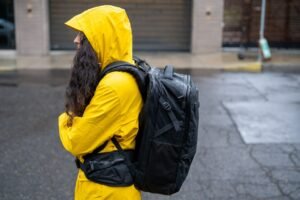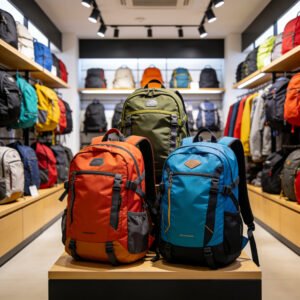Backpacks are no longer just storage tools. They can reflect personal style, meet specific needs, and adapt to various environments. Whether you are commuting, hiking, or traveling, the right backpack can bring different experiences. There is no best backpack, only the backpack that best suits your usage scenario.
Quick Picks
| Purpose | Brand | Highlight |
|---|---|---|
| Everyday Use | The North Face | Durable designs like the Recon; blends function with style. |
| Hiking & Trekking | Deuter | Aircomfort back system ensures ventilation during long hikes. |
| Urban Commuting | Herschel | Retro-inspired designs; popular among city dwellers. |
| Travel | Osprey | Farpoint series offers comfort and ample storage for travelers. |
| Eco-Friendly Choice | Patagonia | Black Hole series made from recycled materials; built to last. |
| Emerging Brand | Sumkbags | Combines minimalist design with sustainable materials; gaining traction. |
Brand Overviews
The North Face
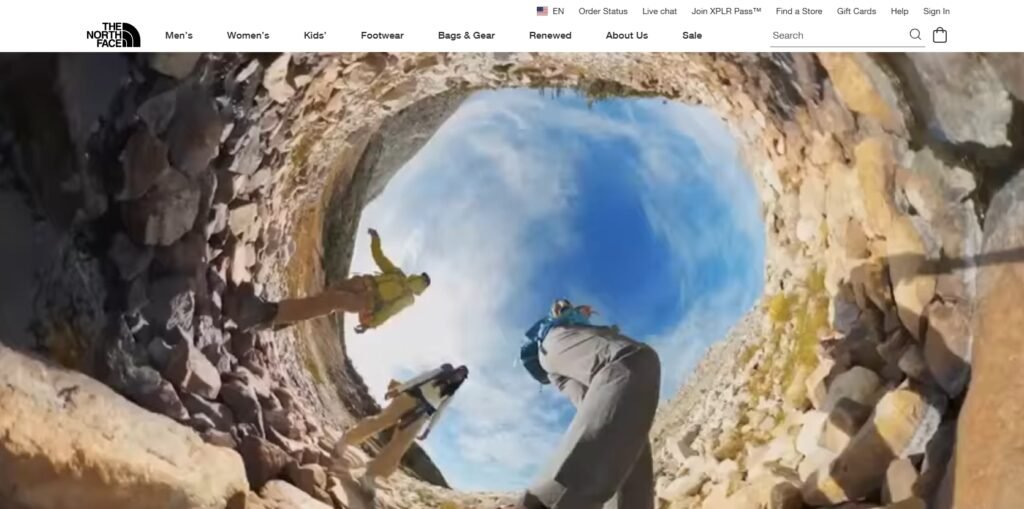
Established in 1968, The North Face has been a staple for outdoor enthusiasts. The Recon backpack stands out for its ergonomic design and durability, making it suitable for daily use and short hikes.
Deuter
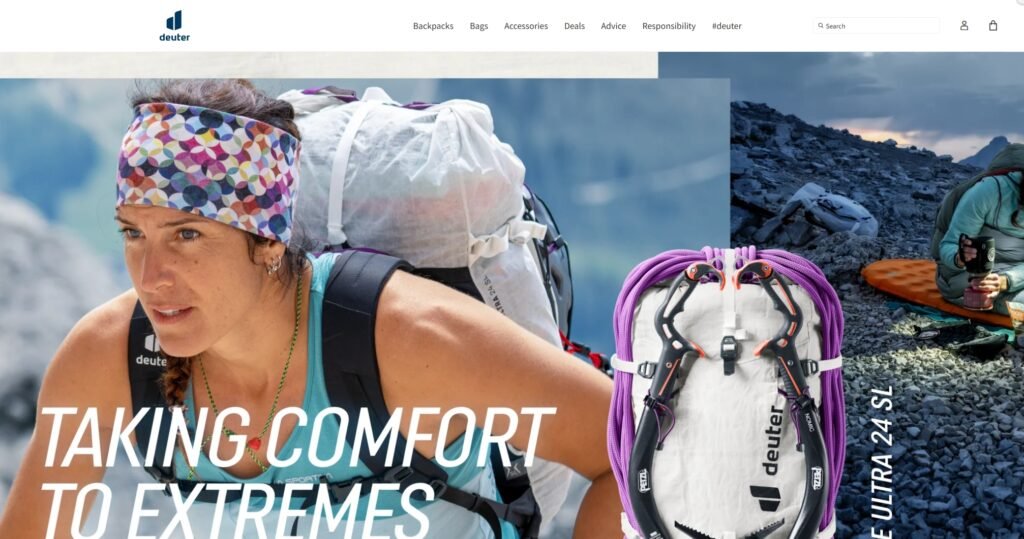
With roots dating back to 1898, Deuter specializes in hiking backpacks. Their Aircomfort system reduces perspiration, ensuring comfort during extended treks.
Herschel
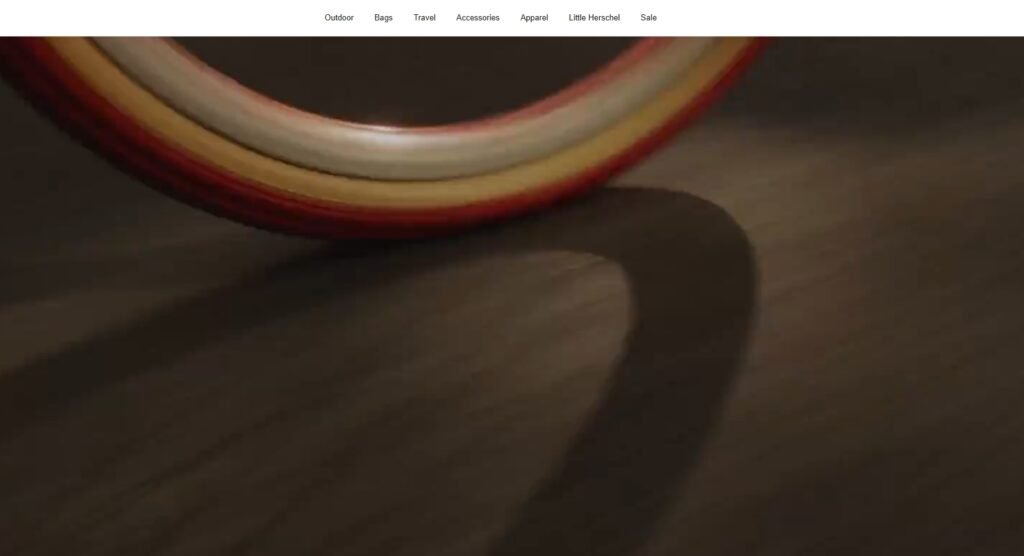
Founded in 2009 in Vancouver, Herschel brings a touch of nostalgia with its vintage-inspired backpacks. The Little America model is particularly favored for its blend of style and functionality.
Osprey
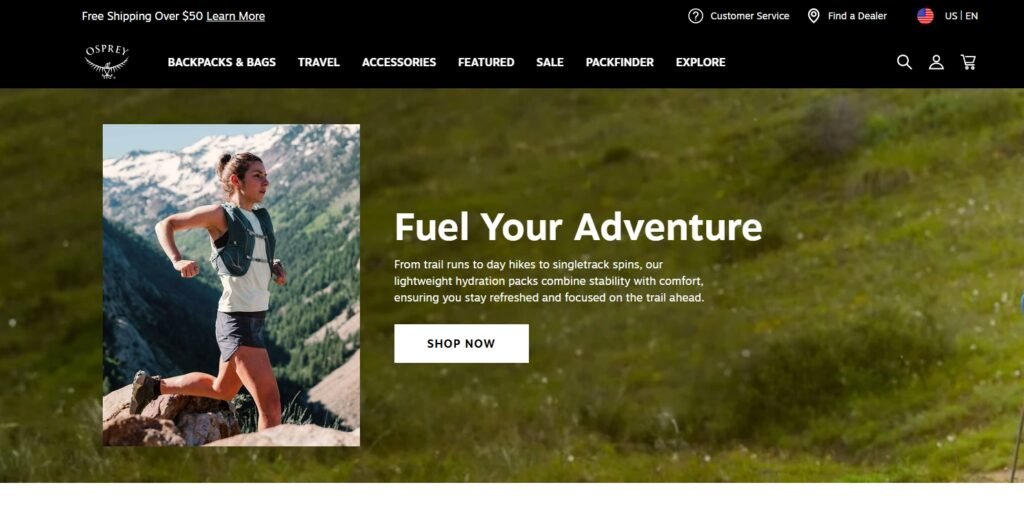
Since 1974, Osprey has catered to travelers and adventurers. The Farpoint series offers spacious compartments and a comfortable fit, ideal for globetrotters.
Patagonia
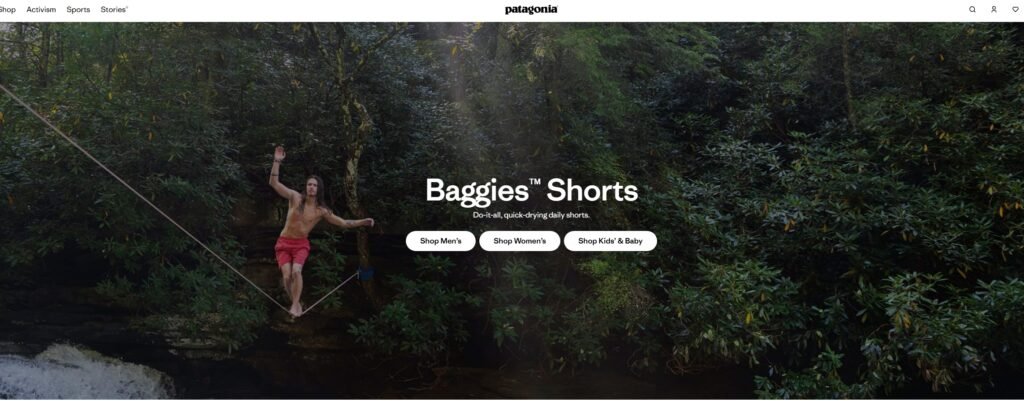
Patagonia’s commitment to sustainability is evident in its Black Hole series. These backpacks are crafted from recycled materials without compromising on durability.
Sumkbags

A newcomer making waves, Sumkbags focuses on minimalist aesthetics and eco-friendly materials. Their designs cater to urban professionals seeking sustainable options.
Testing & Evaluation
Our assessment involved:
- Real-world Usage: Tested backpacks during daily commutes, hikes, and travels.
- Material Analysis: Examined fabric durability, waterproof, and weight.
- User Feedback: Gathered insights from diverse users to gauge comfort and practicality.
Buying Tips
- Define Your Needs: Consider the primary use—work, travel, hiking, etc.
- Check Fit & Comfort: Ensure the backpack sits well and distributes weight evenly.
- Inspect Materials: Opt for durable, water-resistant fabrics.
- Consider Sustainability: Brands like Patagonia and Sumkbags prioritize eco-friendly materials.
Conclusion
Choosing the right backpack hinges on individual needs and preferences. Whether you prioritize style, functionality, or sustainability, brands like The North Face, Deuter, Herschel, Osprey, Patagonia, and emerging players like Sumkbags offer options that cater to diverse requirements.
FAQs
A: Not all. While many offer some resistance, it’s best to check specifications or use a rain cover during heavy downpours.
A: Not all. While many offer some resistance, it’s best to check specifications or use a rain cover during heavy downpours.
A: For short trips, 30-40L backpacks suffice. Longer journeys may require 50L or more.

